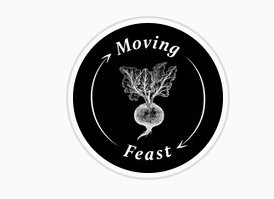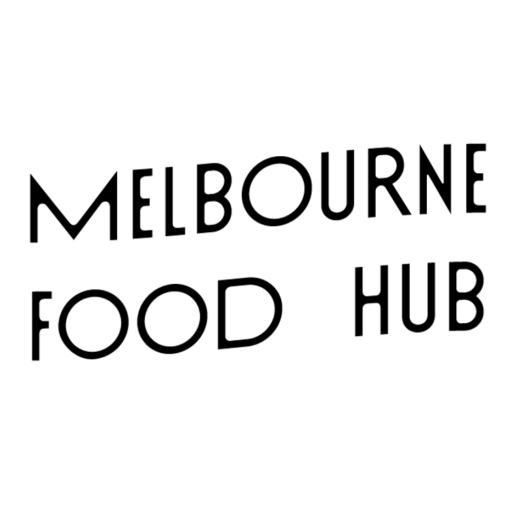FOOD JUSTICE
WHAT IS FOOD JUSTICE?
Food Justice is based on the principle that access to food is a fundamental Human Right – that food insecurity in any community, at any time, for any reason is unacceptable.
While food insecurity may be the outcome, recognising and addressing the structural inequalities which create injustice in our food system enables a nuanced, dignifying and holistic response to a complex, wicked problem.
On the ground, food justice efforts extend beyond food relief and work to resolve issues as disparate as inadequate cooking facilities in low-income housing, impacts of climate change on agriculture and how available culturally appropriate food is within a community.
WHAT ARE WE DOING?
In all of our work we look for opportunities to use the power we have in the food system through our collective resources, networks, and skills to effect change for the better.
We work with local partners to identify what is most needed in the community and how we can facilitate action together.
You can read more about our impact areas and partnerships below, but our current work takes the form of place-making and community capacity building through urban agriculture, fresh produce donations and creating equitable avenues to access fresh, local produce.
Our capacity to deliver these programs is only possible with the support of our parent organisation Sustain: The Australian Food Network.

GROW / SOURCE / EAT
While the Grow / Source / Eat fruit and veggie subscription and makers shop is focused on bringing a fair price to small-scale and regenerative producers, we have built in a number of avenues to improve equity.
Discounted produce for concession holders to ensure those living on a low income or with additional needs are able to access fresh, local food, we offer a 20% discount.
Free parcels for volunteers who prefer to contribute their time and skill to the program.
Fresh produce donations where we have a surplus of produce, or farmers have a glut of a particular crop, we facilitate donation to local food relief agencies.
Working with regenerative farmers and makers allows us to create demand for sustainably produced local food, providing a stepping stone for small businesses working to improve food security at the community level.

ALPHINGTON URBAN FARM
Since 2018, what was once an abandoned ex-landfill site has been transformed into a thriving urban farm which not only grows produce for the Grow / Source / Eat parcels but demonstrates numerous above-ground, replicable ClimateSmart growing techniques which can be used in home and community gardens alike.
Creating an opportunity through offering the greatly improved site and infrastructure to our talented Urban Farmer, Clare Harvey to run her small business.
Building skills through volunteering opportunities for locals who often don’t have a backyard of their own or want to learn new techniques.
Research and development partnerships with educational institutions including RMIT’s soil science department and Melbourne Polytechnic’s landscaping students.
ClimateSmart Food Classroom creating an outdoor learning environment and online resource collection to grow the capacity of our community to produce food through workshops and participation.
Growing Food for food relief in partnership with Biofilta.

DAREBIN FOOD JUSTICE FARM
When COVID-19 hit, we mobilised our network around the idea that the successes of our urban farm in Alphington could be replicated to engage and serve those most vulnerable in our community. Our dream to build an urban farm in Preston, solely growing nutritious produce for donation is currently being developed thanks to initial funding from Moving Feast and the City of Darebin. This will allow us to develop a site and add much needed infrastructure, as well as start purchasing and distributing local food to our food relief partners.
From there we are seeking funding to support:
An Urban Farming training program for disadvantaged youth in partnership with Bridge Darebin.
A volunteer program targeting those who are at risk of, or experiencing poor mental health outcomes as a result of social isolation through COVID and food insecurity.
Partnerships with local schools to bring young people together around urban farming and community service.
COMMUNITY PARTNERS
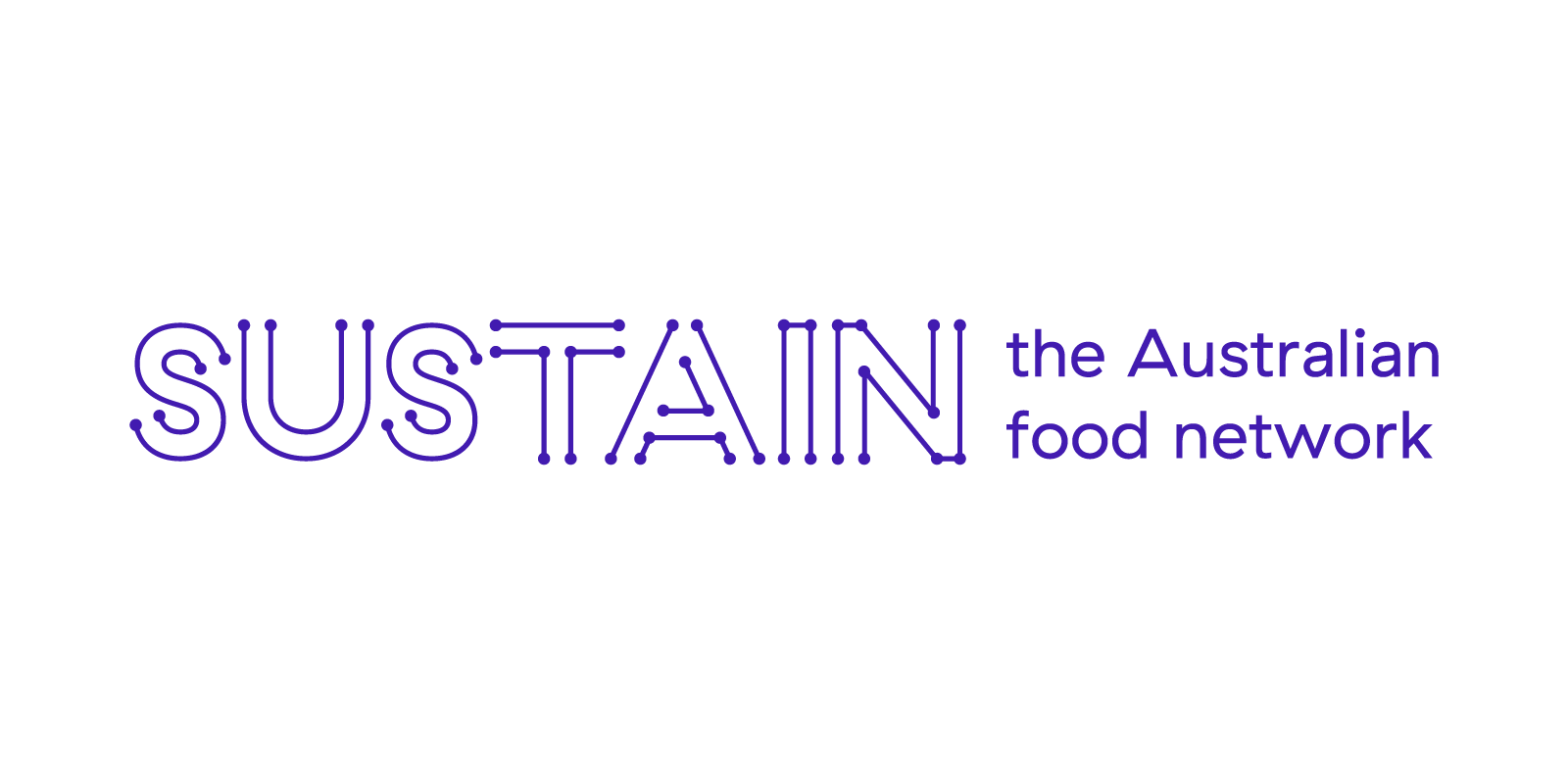


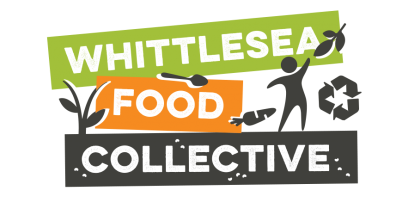

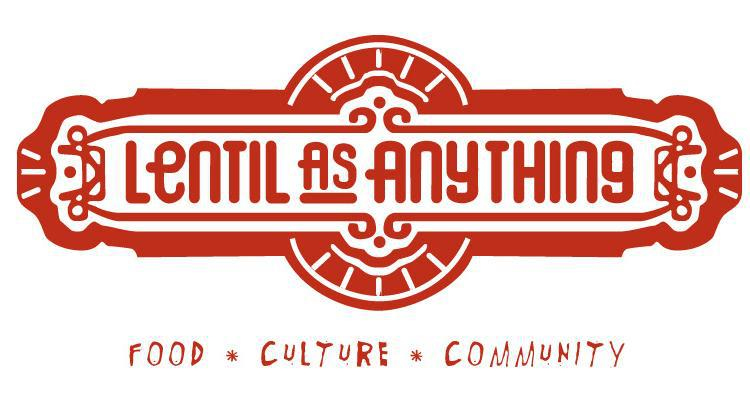
FUNDING PARTNERS
